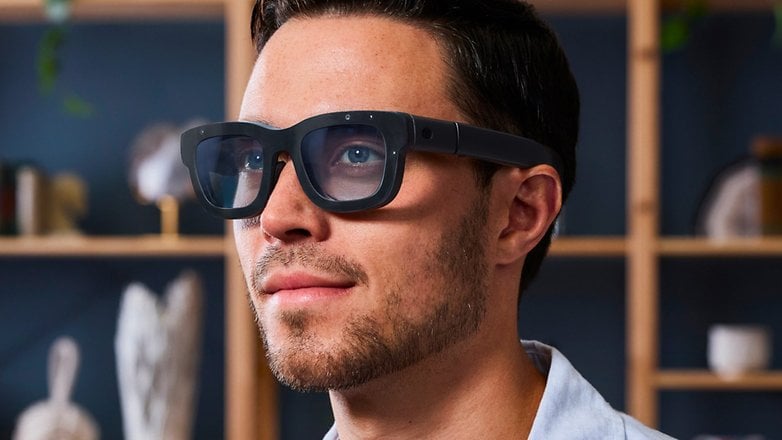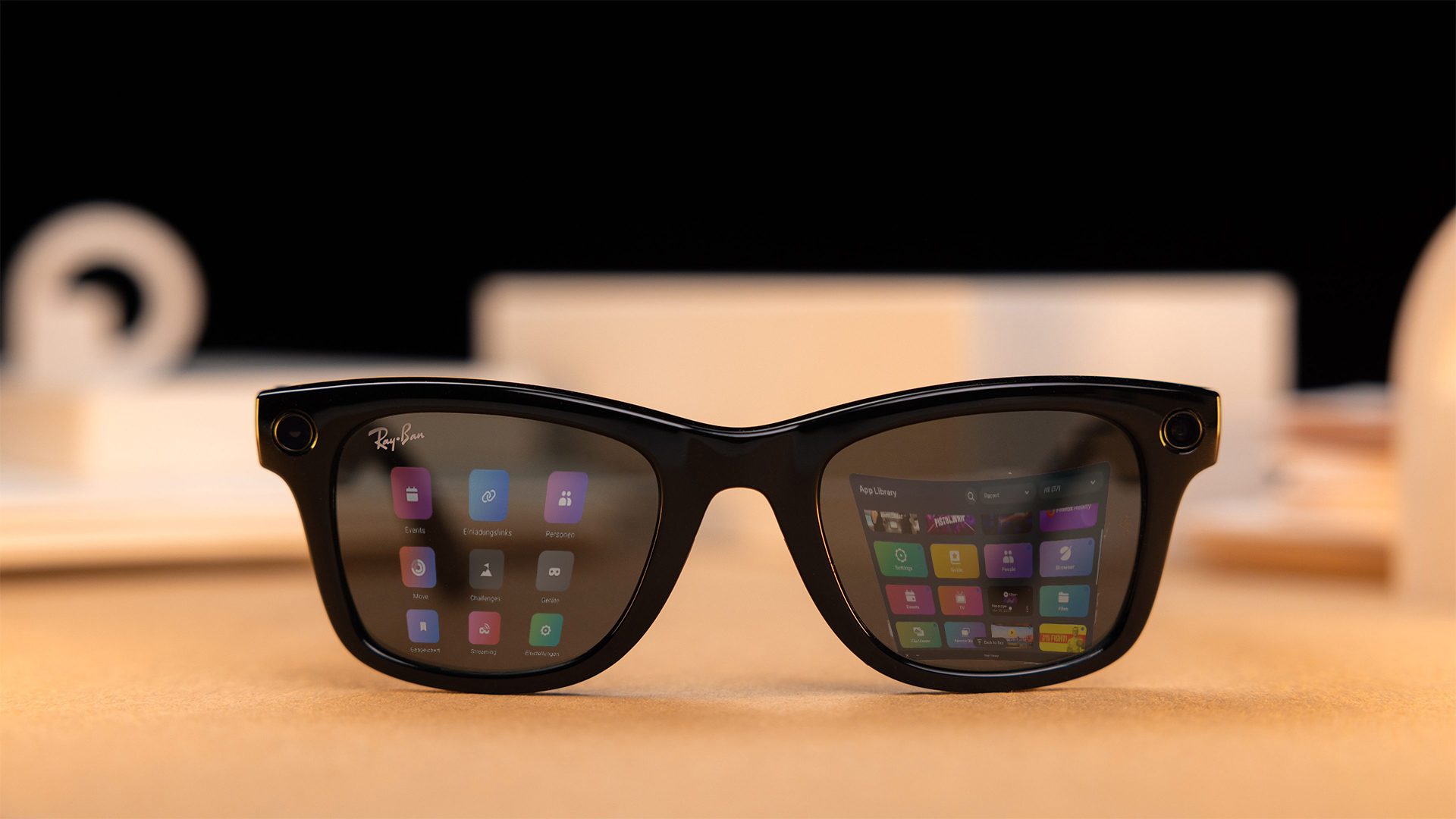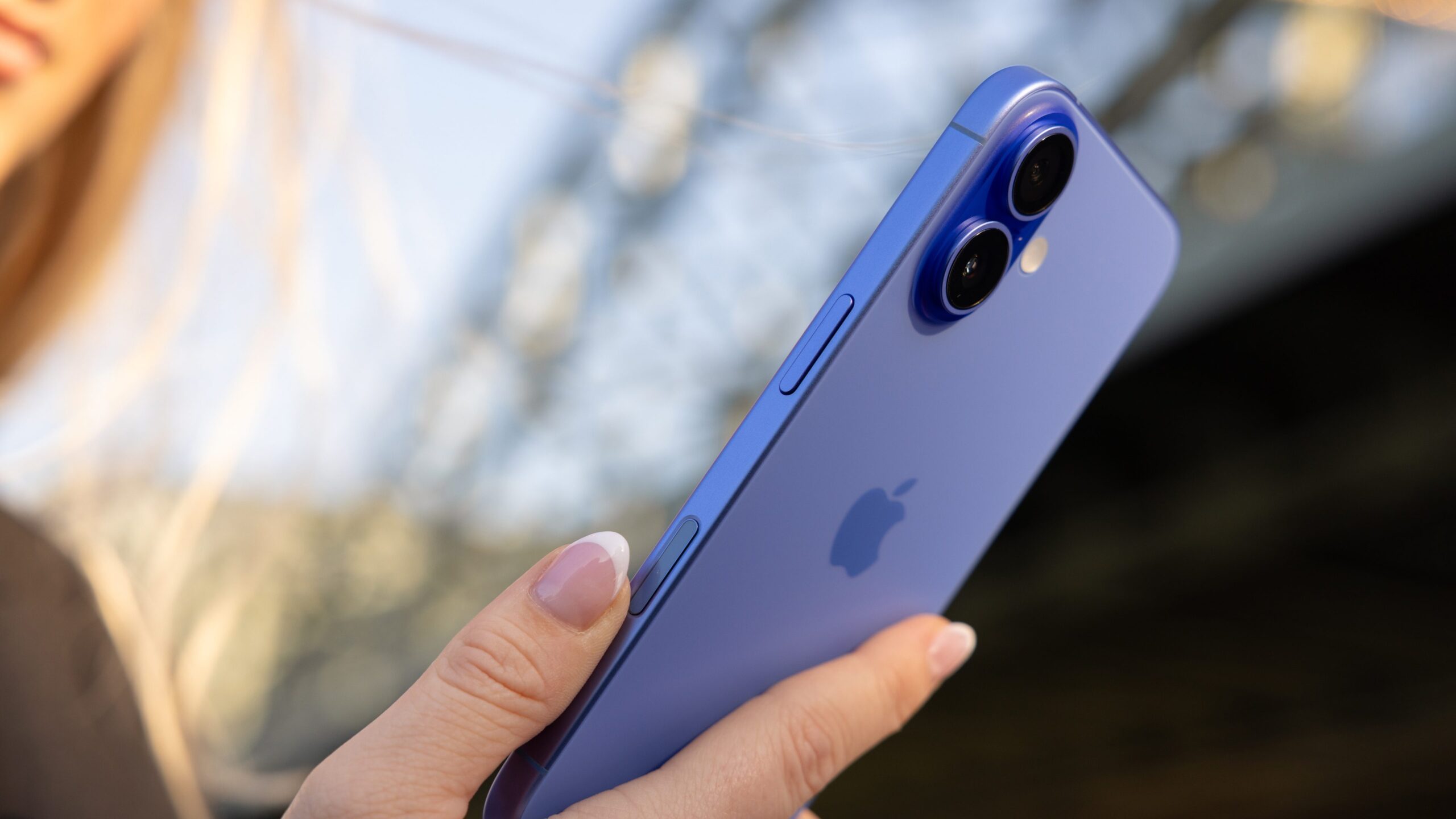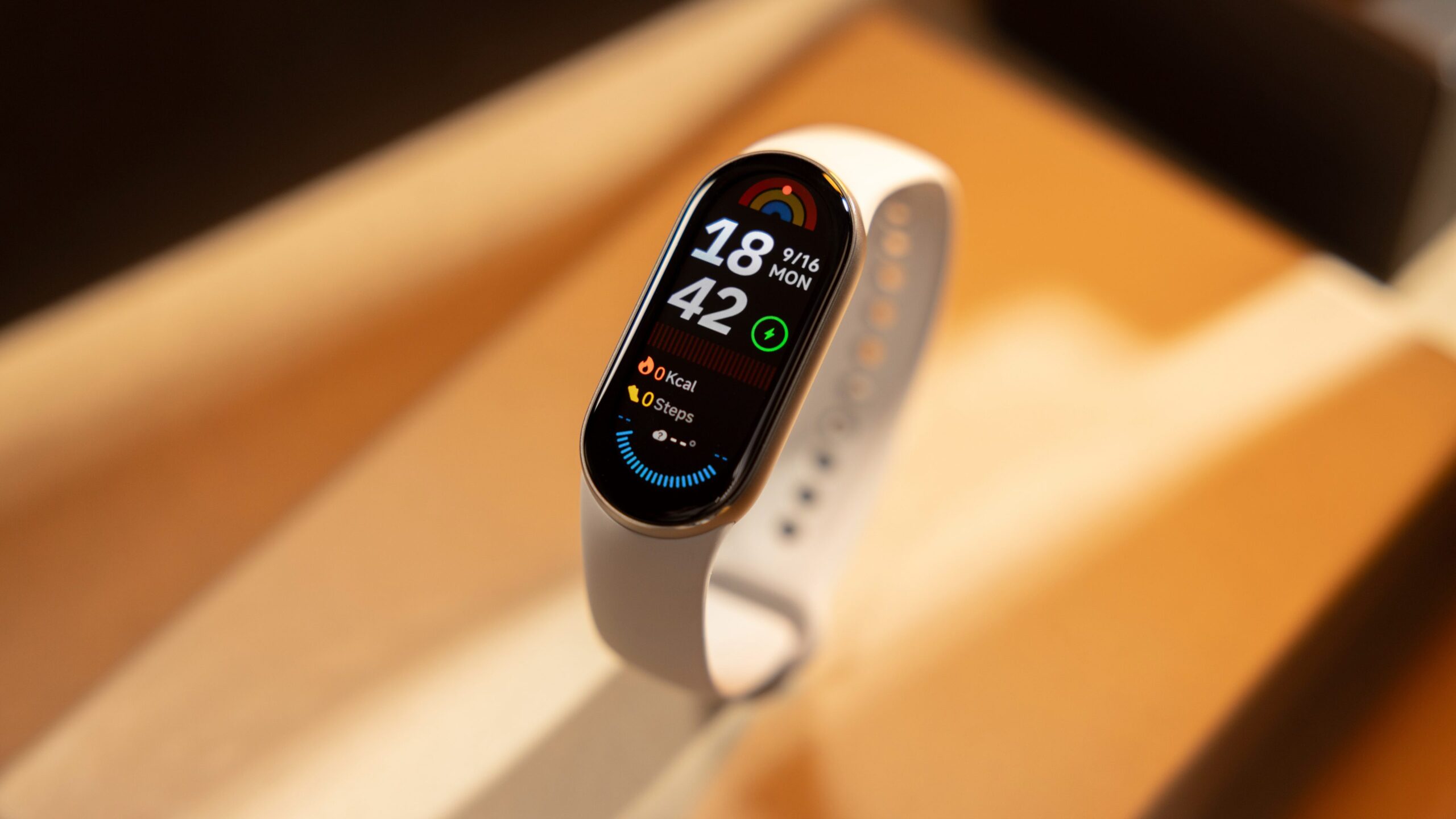Ray-Ban Meta smart glasses have emerged as a dominant player in the current smart glasses market. However, recent reports suggest competition is heating up, with major players like Google anticipated to launch new AR glasses featuring in-glass displays as early as 2025. Notably, Meta may also introduce a similar feature in its upcoming Ray-Ban Meta Smart Glasses 2—or their potential third-generation successor.
Meta’s existing Ray-Ban glasses (review) include a camera, speakers, and microphone but lack a transparent or layered display, which is a defining feature of true AR wearables like Google Glass Enterprise 2 or the new Myvu Imiki (review). As a result, the current Ray-Ban Meta glasses are classified as smart glasses rather than full-fledged AR devices.
Meta’s Shift Towards AR Integration
According to a report by Financial Times, Meta is actively developing the Ray-Ban Meta Smart Glasses 2 with an integrated display. While the specific type of display remains undisclosed, it is expected to be a small screen capable of showing basic content such as notifications and statuses.
It is likely the display will only be integrated on one side of the glasses rather than both, as the advanced holographic display technology used in the Meta Orion is not yet ready for mass production due to high costs. Nevertheless, the addition of a display would mark a significant step forward for Meta’s next-gen glasses, particularly if the company manages to maintain competitive pricing.
FT added the Meta Ray-Ban Smart Glasses 3 could be ready by the second half of 2025, though there’s no definite launch window yet.

Rising Competition in the Smart Glasses Market
Apart from Meta’s next-gen Ray-Ban glasses, Google also confirmed plans to release AR smart glasses in 2025, powered by the new Android XR platform. Details about the device’s final name or pricing remain unknown, but its release could redefine the segment.
Meanwhile, Samsung is rumored to be developing smart glasses as well, although details about their functionality remain unclear. Early indications suggest these could be either standard smart glasses without displays or AR-capable devices. In addition, Apple is reportedly exploring the XR space beyond its Vision Pro VR, hinting at a potential entry into the AR glasses market.
With several tech giants now racing to develop the next big thing in wearables, AR-enabled glasses appear to be a natural evolution beyond smartphones. The question remains: which of these devices will capture the imagination of users and set the standard for the future of AR wearables?



